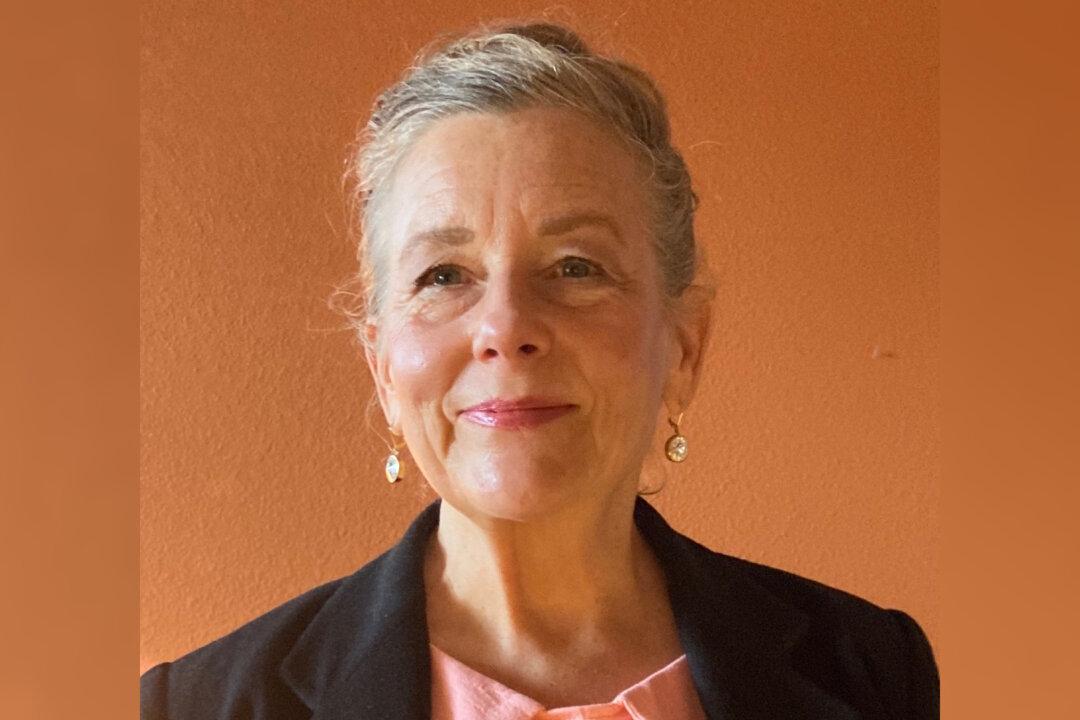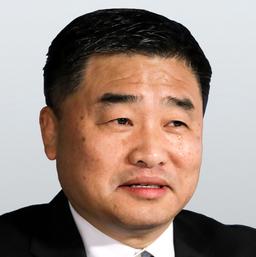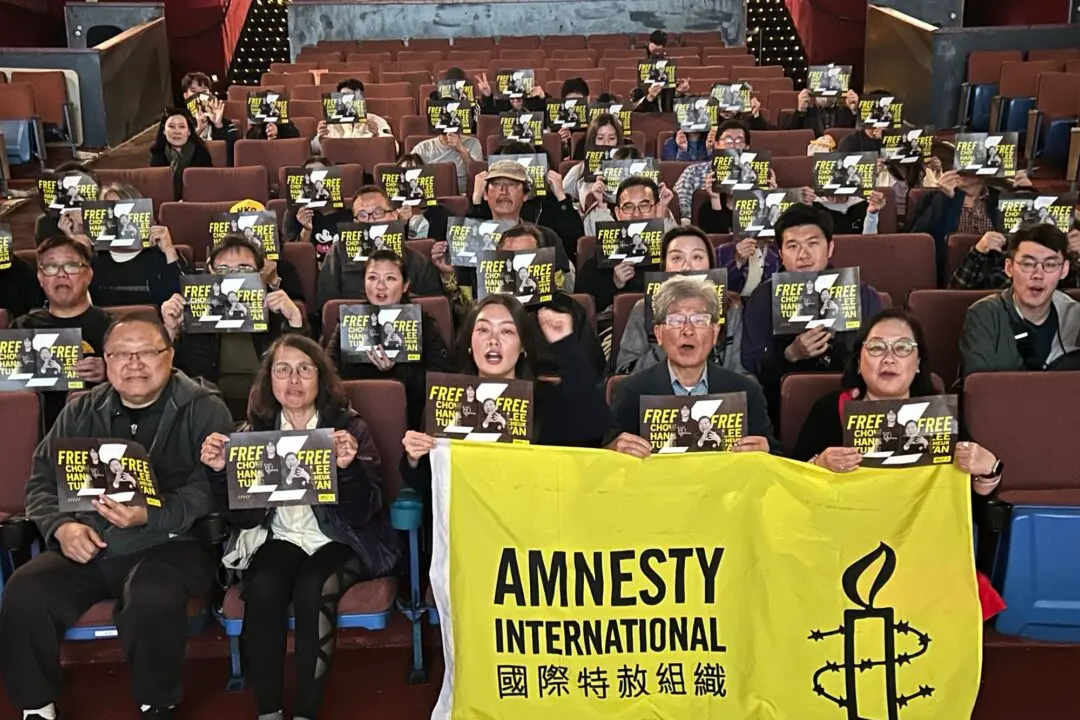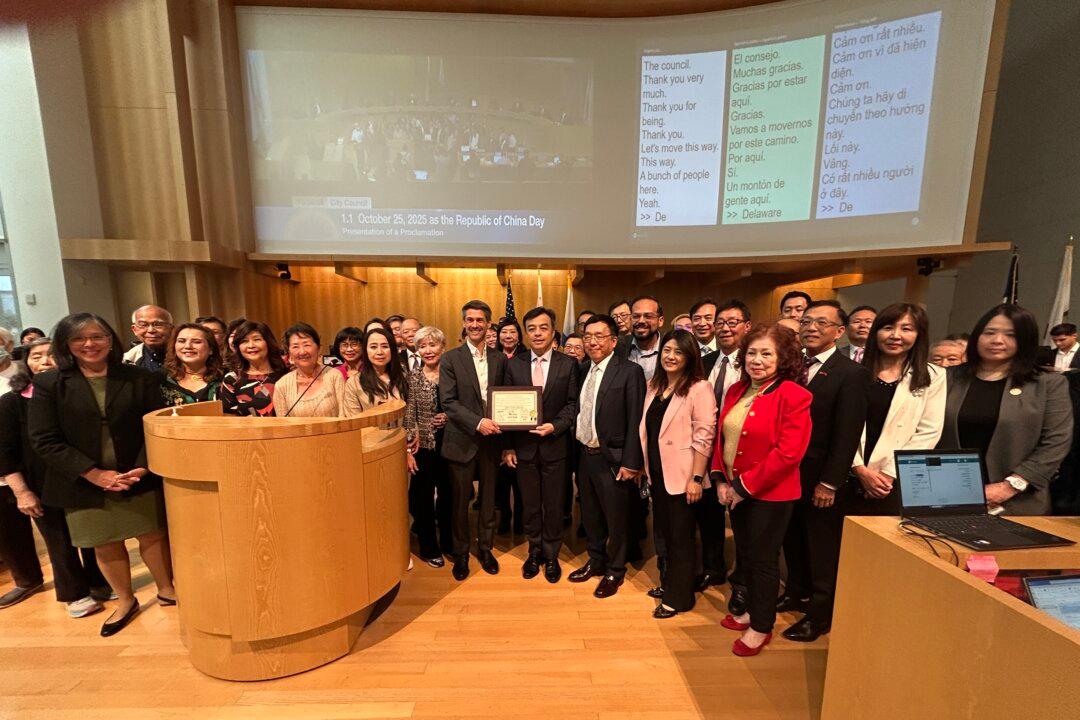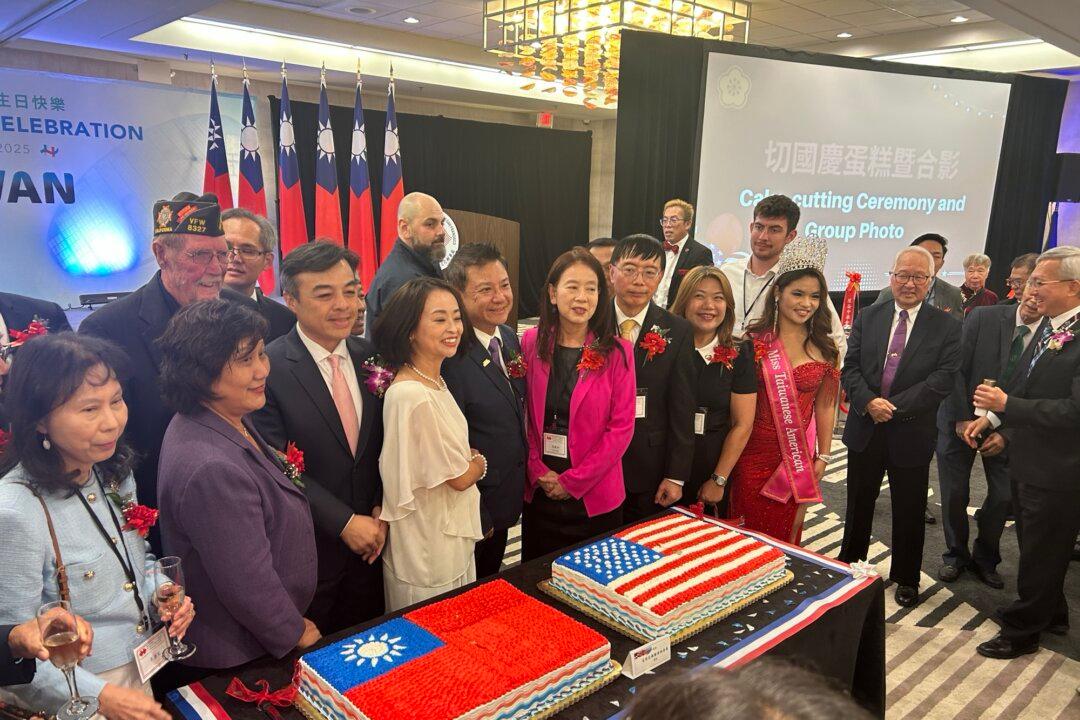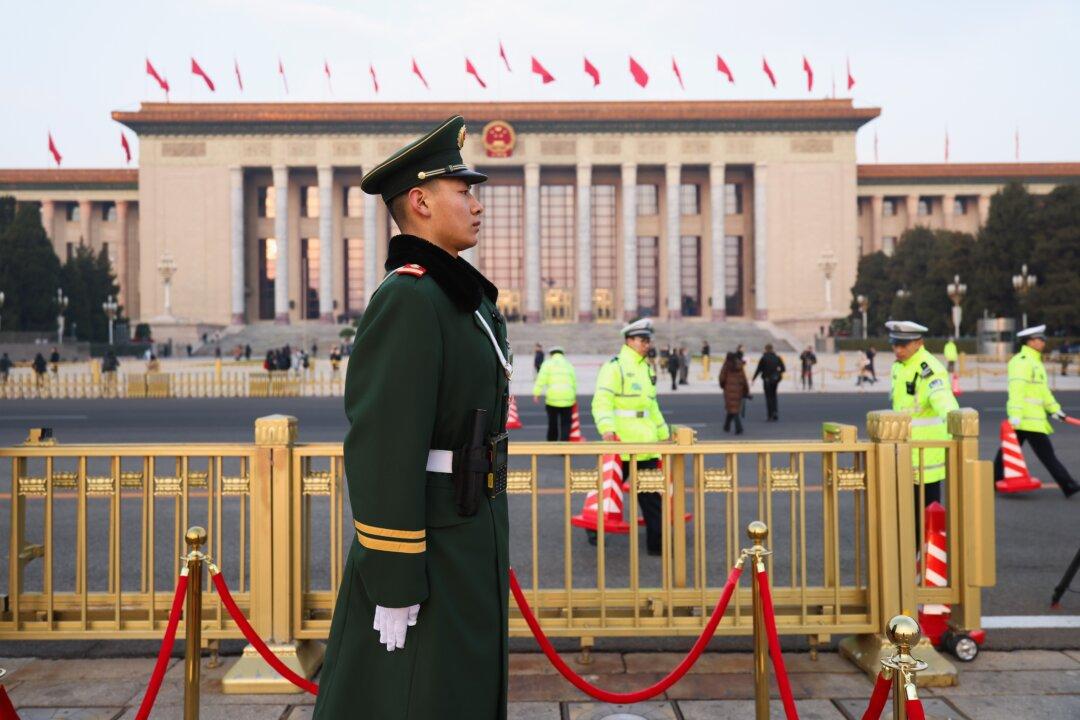Alison Hayden, who is currently running for Congress in California, is taking initiatives to protect public retirees from losing money in their retirement accounts due to high-risk investments in China.
“Americans retired, 65 and older collecting retirements, close to 50 percent of them are on federal or state retirement systems,” said Hayden during an interview with the Epoch Times. Hayden is on the ballot in the coming November election for California’s 14th Congressional District.
